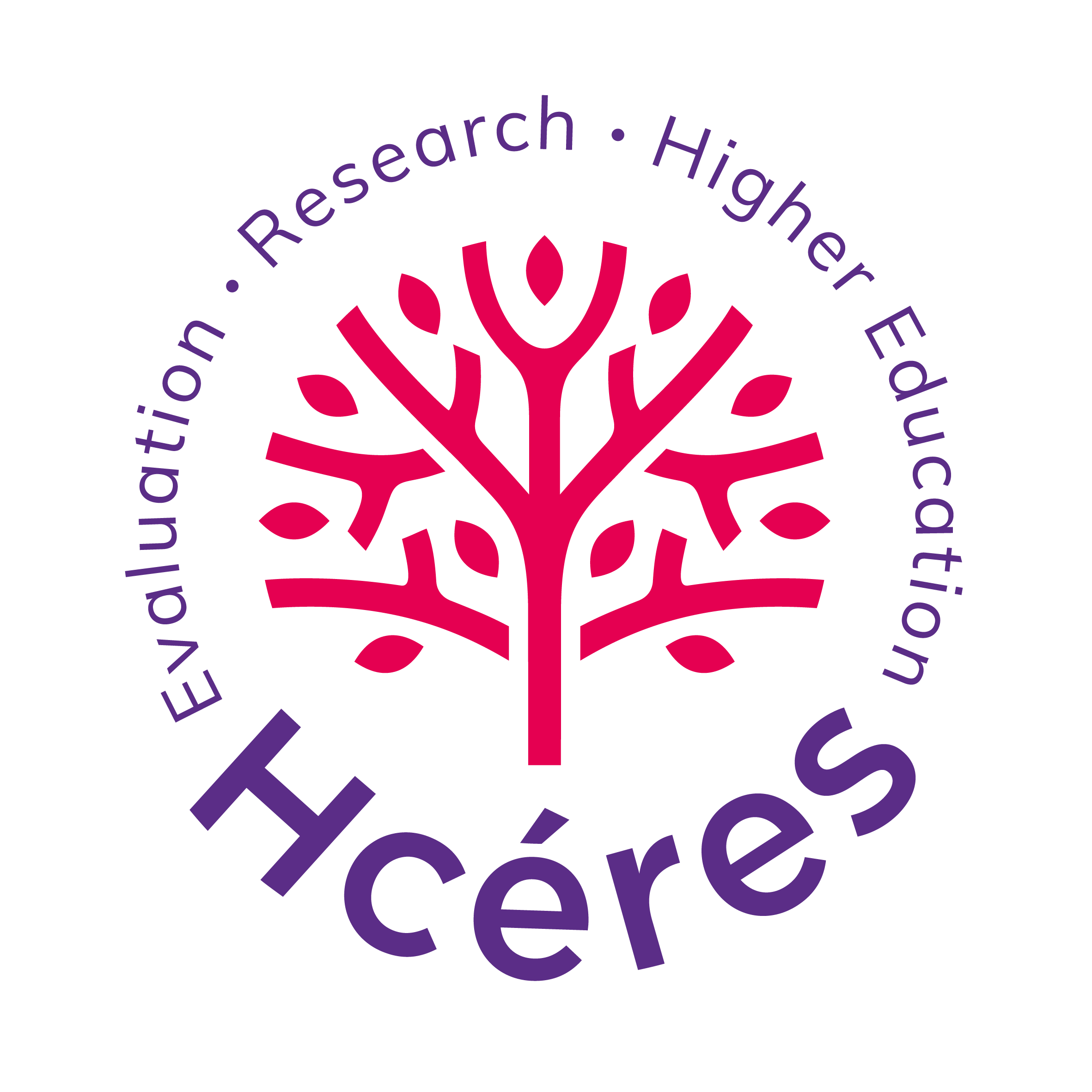International
External quality assurance of research in higher education institutions : taking stock of the practices of European quality assurance agencies
Published on
Since September 2023, Hcéres has co-chaired a working group on the external quality assurance of research, with its Swedish partner agency (UKÄ), as part of the activities of the European Association for Quality Assurance in Higher Education (ENQA). On the occasion of the publication of the working group's final report, this article presents its objectives and the main results of the study, and positions the Hcéres among its European counterparts.
The quality of research, an often-forgotten issue in the Bologna Process
Over the last 25 years, discussions on external quality assurance (EQA) at European level have mainly focused on learning and teaching, despite the warnings of the ministers of the European Higher Education Area (EHEA), within the framework of the Bologna Process, according to which ’the efforts to introduce structural change and improve the quality of teaching should not detract from the effort to strengthen research and innovation. We therefore emphasise the importance of research and research training in maintaining and improving the quality of and enhancing the competitiveness and attractiveness of the EHEA' (Bergen Communiqué, 2005).
The external quality assurance of research is a multifaceted but widespread practice in the European Higher Education Area
It is in this context that an ENQA working group composed of 16 agencies and co-chaired by Hcéres and UKÄ, studied the subject of external quality assurance (EQA) of research in higher education institutions, at the institutional, programme and research unit levels. The report, published in March 2025, shows that there is little literature on the subject and that EQA of research is often confused with research assessment aimed at evaluating research outputs. This study defined the concept of research EQA as ‘An all-embracing term that refers to a regular process of reviewing (monitoring, guaranteeing, maintaining, and enhancing) the quality of the research environment at HEIs, including its interrelation with the education and societal impact missions of HEIs’.
| Agencies that are members of the ENQA working group on the EQA of research |
|
A3ES (Portugal), ACSUCYL (Castilla y Leon - Spain), ANVUR (Italy), AQ Austria, ANQA (Armenia), ASHE (Croatia), CTI (France), EQ-Arts, evalag (Germany), HAKA (Estonia), Hcéres (France), IAQA (Iceland), MAB (Hungary), NCEQE (Georgia), THEQC (Turkey), UKÄ (Sweden). |
The report presents the main trends related to the EQA of research that have been identified through a survey and interviews, and provides agencies with food for thought to develop or implement the EQA of research. Of the 59 agencies that responded to the survey, 42 stated that they were already involved in the EQA of research, most of them at the institutional and programme levels and, to a lesser extent, at the level of research units. However, given that the Standards and Guidelines for Quality Assurance in the European Higher Education Area (ESG) take very little account of the research dimension, the practices of the agencies are more diverse and heterogeneous than for quality assurance of learning and teaching. The agencies' standards and guidelines generally cover the following aspects, grouped into three main themes:
- General aspects of research management and policy: organisation and management of research ; research policy and strategy ; quality assurance policy for research;
- Research environment: research infrastructure, libraries and archives ; collaboration and mutual learning with other bodies engaged in research;
- The link between research and learning and teaching: impact of research on the curricula ; researchers’ involvement in teaching activities.
Agencies' testimonies show that close collaboration with their stakeholders and integrated approaches to EQA, consisting of incorporating EQA of research into the evaluation of higher education institutions or programmes, are considered to be success factors. The study identified several challenges to be addressed for the successful implementation of EQA of research, including the lack of European or international guidelines and the existence of a dispersed national system with multiple actors involved in the EQA of research.
As for the 17 of the 59 agencies not involved in the EQA research, the study shows that those that are willing to do so face two major obstacles: the lack of a supportive national legislative framework and the reluctance of higher education institutions.
Hcéres hopes that the results of this report will contribute to the forthcoming revision of the ESG, the final version of which will be voted on by EHEA ministers in 2027, and to the strengthening of the synergies between the EHEA and the European Research Area, as set out in the Tirana Communiqué, the last key stage of the Bologna Process to date. Moreover, this report comes at a crucial moment in European construction, marked by discussions on the evaluation of European university alliances and European degrees, which should take into account the research dimension inherent in these subjects, according to Hcéres.
Hcéres, an agency already well-established in the external quality assurance of research
The legislative framework within which Hcéres operates and describes its missions (article L114-3-1 of the Research Code) allows it to fully engage in the external quality assurance of research in HEIs, as defined in the report of the ENQA working group.
All Hcéres evaluation frameworks include a research dimension, evaluating the link between higher education and research, the implementation of a research and innovation policy and the inclusion of science in society, while ensuring the implementation of an approach that respects research integrity and open science. While many European agencies evaluate the link between learning and teachng and research as well as the research policy of institutions, the evaluation of research units as such is one of the specificities of Hcéres, and is carried out by few European agencies.
Beyond the scope defined in the report as falling EQA of research, Hcéres carries out evaluations of research organisations and bibliometric studies through its Science and Technology Observatory (OST) and promotes research integrity with the French Office for Scientific Integrity (OFIS). Other European quality assurance agencies also have broader mandates in research, including the evaluation of research output (ANVUR – Italy), the evaluation of research projects and funding applications (AQUIB – Balearic Islands, Spain), the evaluation of researchers in the context of their career advancement (ANECA – Spain) and the evaluation of research institutions (ASHE – Croatia).



